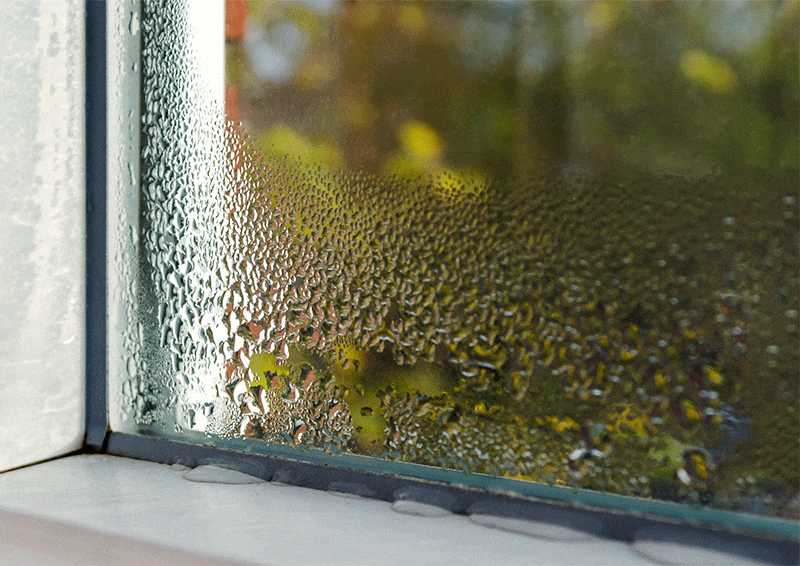By now, we’ve understood the many adverse health effects of indoor air pollution. However, oftentimes we fail to recognize how poor air quality affects our furry friends – indoors and in the wild.
Continuous and prolonged exposure to poor air quality can give rise to various lung, throat and nose diseases in your pets, such as bronchitis or asthma. With hypersensitivity to odours, it’s no surprise to discover that animals are just as vulnerable to indoor pollutants as we are.
One study carried out by researchers in Mexico City found that dogs exposed to pollution experienced the same inflammation in the brain associated with the first signs of Alzheimer’s.
In another study, cats were found to have dangerously high levels of flame-retardant chemicals in their system. This could be explained as cats can ingest higher levels of household dust than we do, and dust from soft furnishings has very high concentrations of flame-retardant chemicals.
The Effects of Poor Air Quality on Animals
Animals are exposed to the same air pollutants as humans and can suffer the same health effects. Air pollutants can poison wildlife through the disruption of endocrine function, organ injury, increased vulnerability to stresses and diseases, lower reproductive success, and possible death.
Animals in the wild are particularly vulnerable to air pollution because they often live in close proximity to sources of air pollution, such as factories, power plants, and vehicles. This means they are exposed to greater levels of air pollutants than humans. Additionally, animals often have a more limited ability to escape from polluted areas, making them more susceptible to the effects of air pollution.
Animals can be exposed to air pollutants in a variety of ways. Inhaling polluted air is the most common way, but animals can also be exposed to air pollutants through their skin and fur, as well as through their food and water. Air pollutants can also be absorbed into the bodies of animals through their digestive systems. The effects of air pollution on animals can be severe; respiratory and cardiovascular diseases are common in animals exposed to air pollution and can cause difficulty breathing, coughing, and other respiratory symptoms. Animals can also suffer from reproductive problems, such as decreased fertility and an increased risk of birth defects. Air pollutants can damage the lungs and other organs, leading to organ failure and death.
Air pollutants can cause changes in animal behaviour, such as increased aggression or decreased activity. Air pollutants can also cause environmental changes, such as increased levels of ozone or reduced levels of oxygen, which can have a negative effect on animals, as they can make it more difficult for them to find food or shelter.
Studies show that domesticated ‘indoor’ animals have an increased risk of tumours when exposed to polluted air over an extended period of time.
Research shows that pets living in homes with cigarette smokers have increased health risks, perhaps even more significant than those for humans living in the same homes. This is because pets spend more time near the floor, where smoke concentrations are higher. In addition, cats exposed to secondhand smoke have been shown to have reduced lung function when compared to felines living in smoke-free homes.
Symptoms of Poor Air Quality in Pets
Similar to us humans, animals are also susceptible to the symptoms that are commonly associated with poor indoor air quality. Some symptoms of poor air quality experienced by pets include:
- Laboured and/or open-mouthed breathing
- Vomiting and/or loss of appetite
- Unusual or excessive coughing or sneezing
- Swelling or inflammation of the eyes, mouth, and/or skin
- Any discharge from the eyes and/or nose
- Weakness/lethargy
- Uncoordinated walking or inability to stand
- Increased salivation
How to Protect Your Pets From Air Pollution
Because pets spend most of their time indoors, pet owners need to understand the importance of good air quality for themselves and their pets. Creating a healthy air environment is essential for the health of all indoor inhabitants.
Here are some simple steps you can take to ensure the air indoors is safe:
- Change air filters often
- Vacuum frequently to remove hair and other pollutants
- Avoid smoking indoors
- Choose chemical-free cleaning products when possible
- Reduce carbon emissions by carpooling, taking a bus, or biking
- Choose areas for outdoor exercise for pets where the air is cleaner (away from highways)
- Try using chemical-free products in the yard


